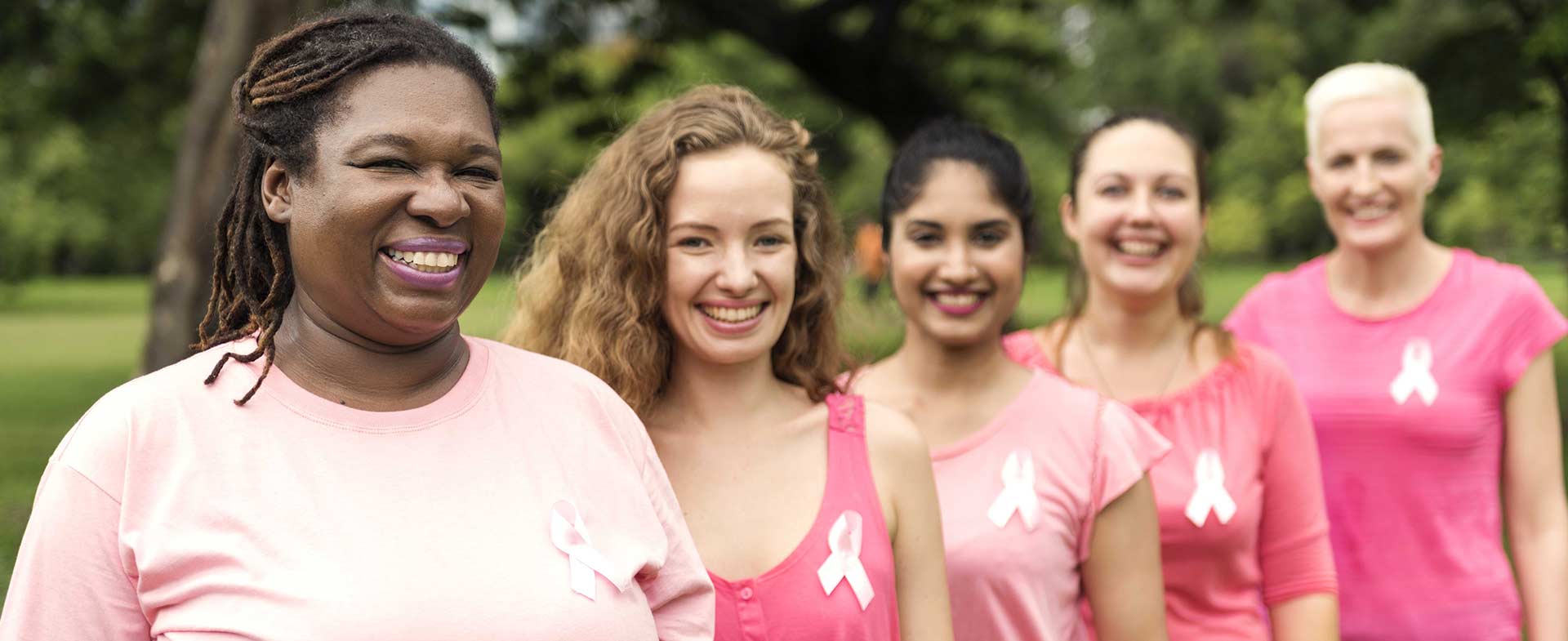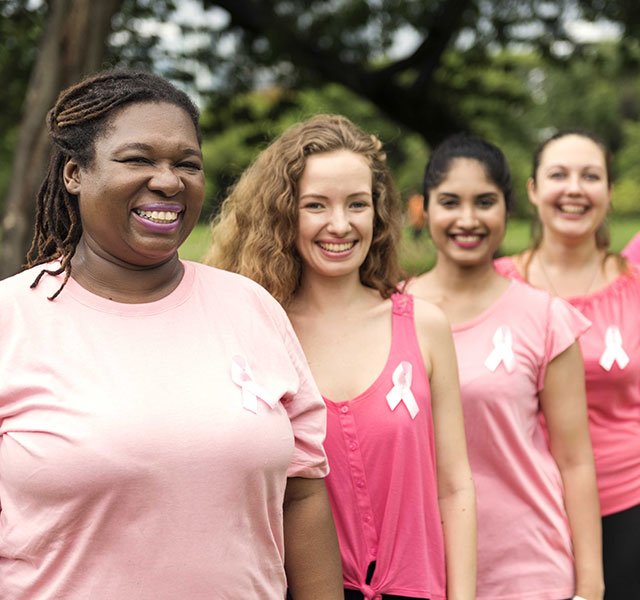Any cancer diagnosis brings with it a lot of fear, and a lot of questions. For many, a diagnosis is unfamiliar, and people may resort to trusting information they may have heard or read. Unfortunately, some of this information regarding cancer and treatment may be inaccurate or incomplete.
Jessica Bensenhaver, M.D., director of breast cancer surgery at Henry Ford Health, works with women who have been diagnosed with non-metastatic breast cancer. In her conversations with newly diagnosed patients, she tries to address any fears or assumptions surrounding breast cancer and provide accurate information so people can be informed about their condition and what is happening in their bodies.
Here, Dr. Bensenhaver debunks eight common myths related to breast cancer she often hears from people:
Myth #1: Chemotherapy is a form of poison. Why would I put it in my body?
Chemotherapy works in such a way that it circulates throughout the bloodstream and can be very effective at killing cancer cells. When necessary as part of a patient’s treatment, chemotherapy can play a crucial role in survival. Through increased research and development of treatments based on precision medicine, more and more cancer patients are able to receive proper medical treatments with fewer side effects.
That said, chemotherapy treatment involves administering a host of cancer-fighting drugs into the system, which can take a toll on the body.
“Chemotherapy does unfortunately have unpleasant side effects, some of which are temporary, such as hair loss, and others that can be more dangerous, such as cardiac toxicity which can affect a woman’s ongoing heart health,” Dr. Bensenhaver says. “So, recommendations to deliver chemotherapy to a breast cancer patient must be considered very seriously and thoughtfully.”
Myth #2: If I have surgery, exposing the disease to the air make the cancer spread.
Short answer: This myth is absolutely false. “This is an extremely dangerous myth that continues to paralyze some patients with fear of pursuing diagnosis and treatment for breast cancer,” Dr. Bensenhaver says. Surgery is often a crucial part of breast cancer treatment, and breast cancers that are left untreated will continue to grow and spread throughout the body, making them much more difficult to treat, and ultimately resulting in higher death rates.
Myth #3: Sugar feeds cancer. Drinking milk can cause cancer. Does this mean I have too much sugar or milk in my diet and need to avoid both?
“All cells — including cancer cells — require nutrients such as sugar in order to survive, but the microscopic requirement for sugar at the cancer cellular level is not directly linked to the sugar content of what we eat and drink,” she says.
While there isn’t a direct link between sugar or milk consumption and cancer, maintaining a balanced diet of fruits and vegetables, lean protein and whole grains has been shown to help lower risk of numerous diseases, including cancer. During cancer treatment, a healthy diet as well as regular exercise are both associated with better outcomes. It’s also associated with lowering your risk of developing cancer overall.
Myth #4: Using deodorant causes breast cancer.
While some misinformation has led women to believe that chemicals in antiperspirants and deodorants can lead to breast cancer, there’s no evidence that this is true. The National Cancer Institute isn’t currently aware of any research linking the use of deodorant to breast cancer.
Myth #5: Wearing a bra causes breast cancer.
No type of bra is associated with developing breast cancer. In fact, in 2014, a study concluded that women who wore a bra were at no greater risk of developing cancer than women who did not wear a bra.
Myth #6: Stress (especially after a traumatic event like losing a loved one or going through a divorce) causes breast cancer.
The answer to this is complicated, as there is growing research surrounding the effects of stress on the body. “It was previously believed that there was no link between stress and cancer, and that a new cancer diagnosis following some major upheaval was purely coincidental,” Dr. Bensenhaver says. “More recently, however, evidence shows that some of the chemicals released in response to stress may be associated with cancer growth.”
Stress is an unavoidable part of life, and people even experience stress when going through positive experiences, such as moving to a new home or having a baby. The key is to properly manage your stress so that it doesn’t start to negatively affect your well-being.
Myth #7: I go in for regular mammograms. Why did I develop breast cancer?
Mammograms are extremely important for early detection of cancer. The earlier the cancer is found, the easier it is to treat the cancer and the more positive outcomes patients have. However, mammograms do not prevent breast cancer. “I continue to see breast cancer patients who are shocked by their diagnosis because they thought they were ‘doing everything right,’” Dr. Bensenhaver says.
While it’s crucial for women to follow breast cancer screening guidelines, there is no guaranteed way to prevent cancer. Staying active, eating healthy, not smoking (or quitting if you do), performing self-checks and visiting with your doctor regularly are the best ways to minimize your chances — and, if you do develop cancer, a diagnosis at its earliest possible stage will help you beat the disease most effectively.
Myth #8: Hormones cause cancer. Does this mean I have too much estrogen?
Not exactly, Dr. Bensenhaver says. “Breast cancer is a largely hormone-driven disease, and this is why it is so much more common in women than men,” she says. In post-menopausal women, women can have excess hormones in the form of hormone pills or by estrogen that is naturally produced in fat cells of the body could affect the breasts. More research is being done to determine the link between hormones and the development of breast cancer. At this time, though, physicians are not able to perform any routine blood test for hormone levels that can tell whether a woman has breast cancer or if she is at risk for developing it in the future.
For more information on breast cancer or to schedule an appointment with a doctor or for a mammogram, visit henryford.com/breastcancer.
Dr. Jessica Bensenhaver is a breast cancer surgeon specializing in benign and malignant breast diseases. She is also the Director of the Breast Oncology Program at Henry Ford Health.



